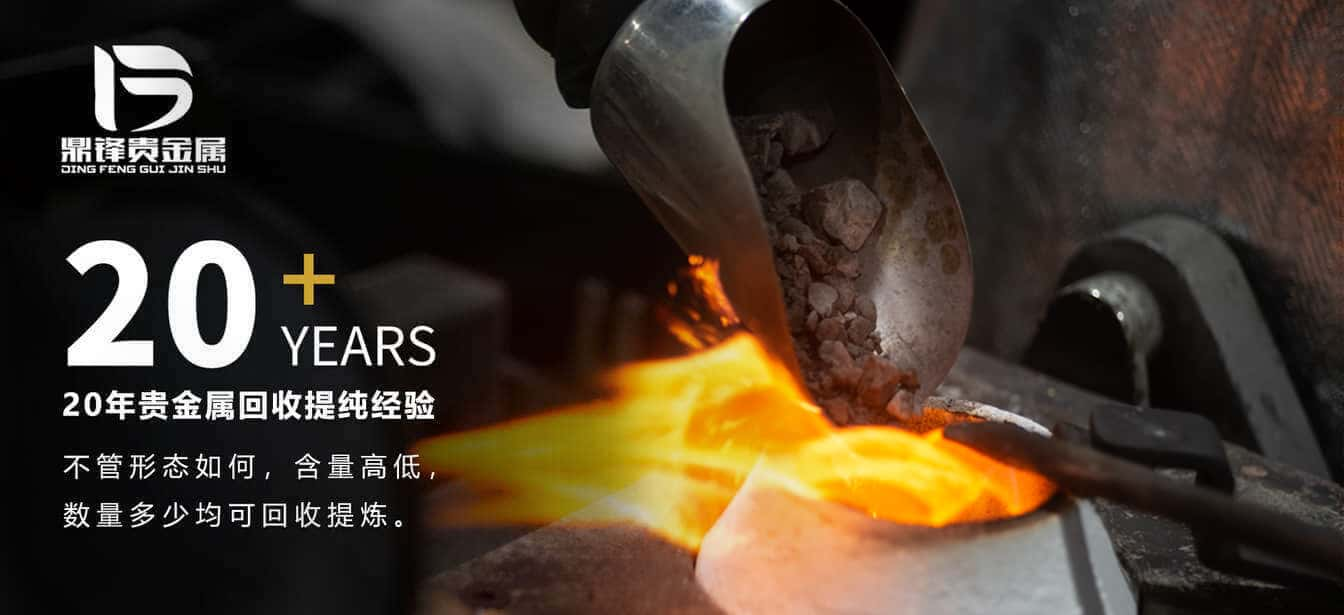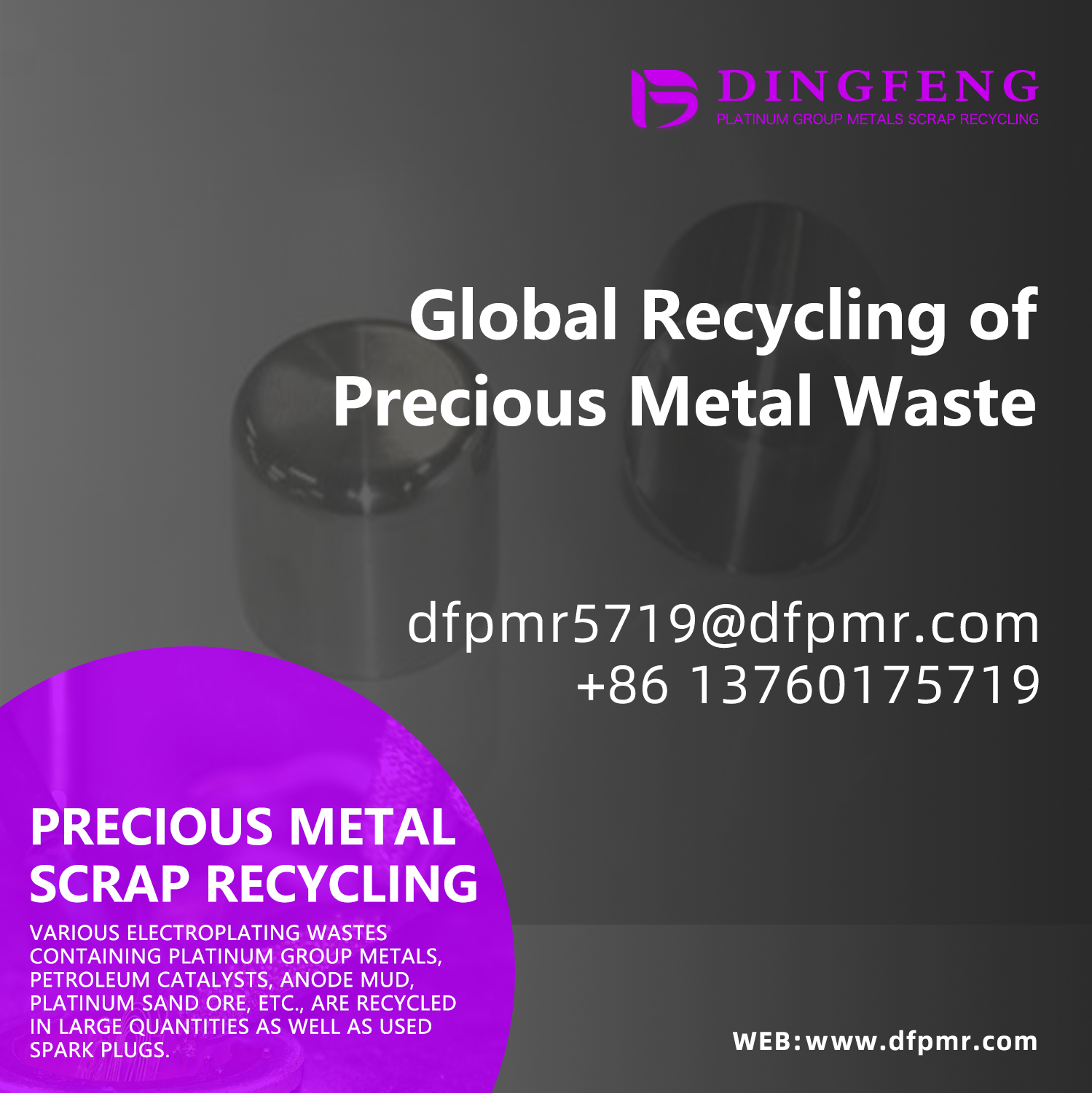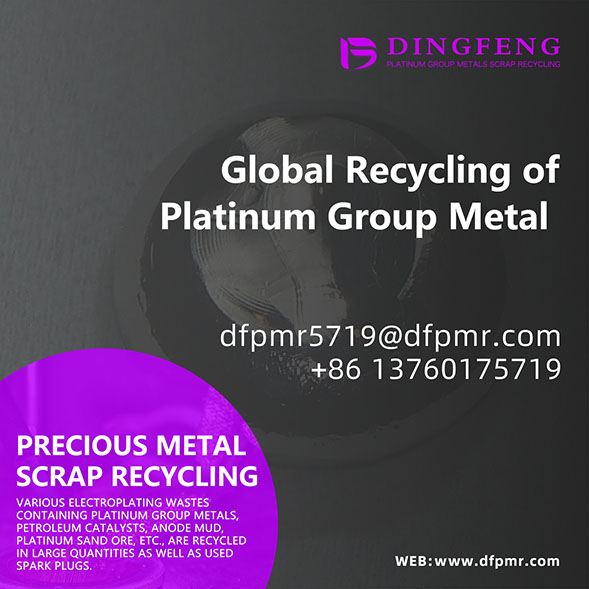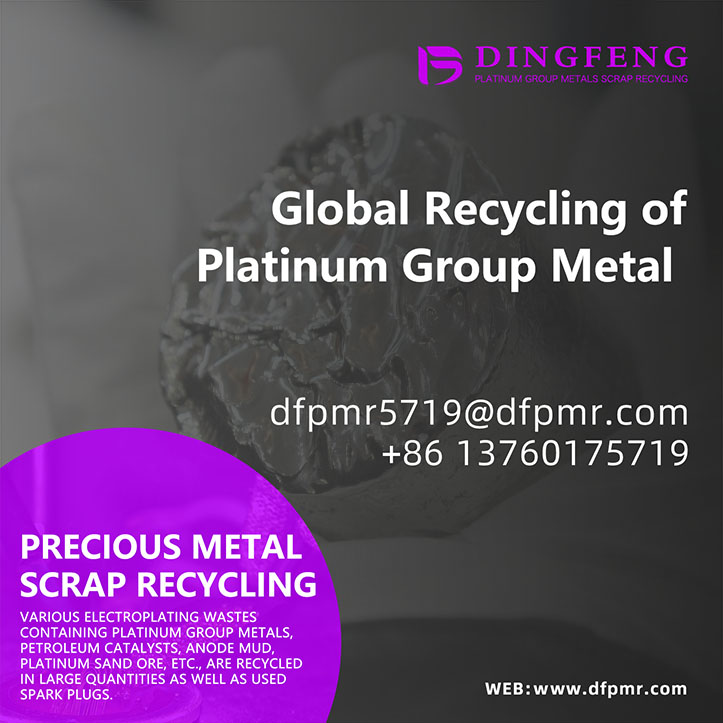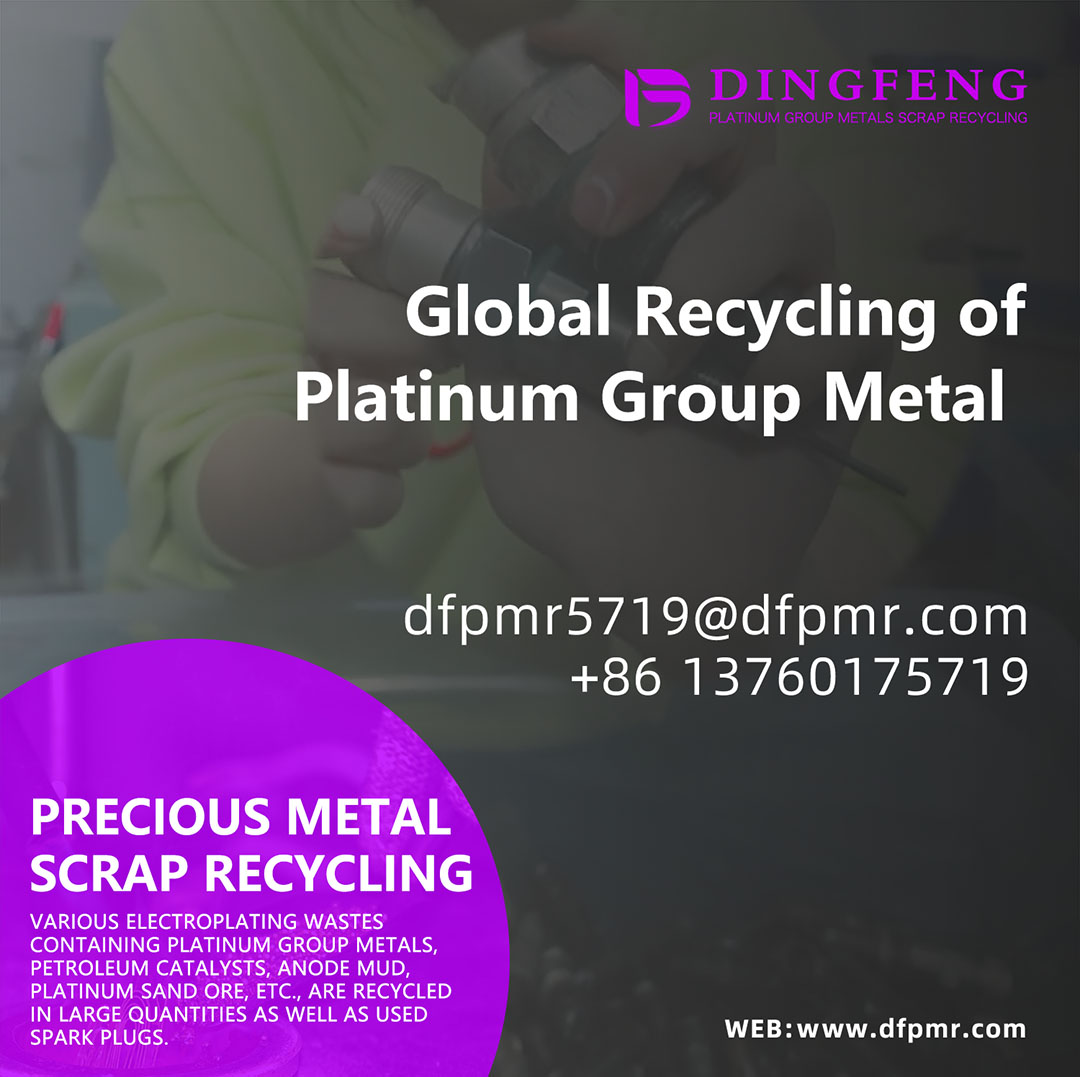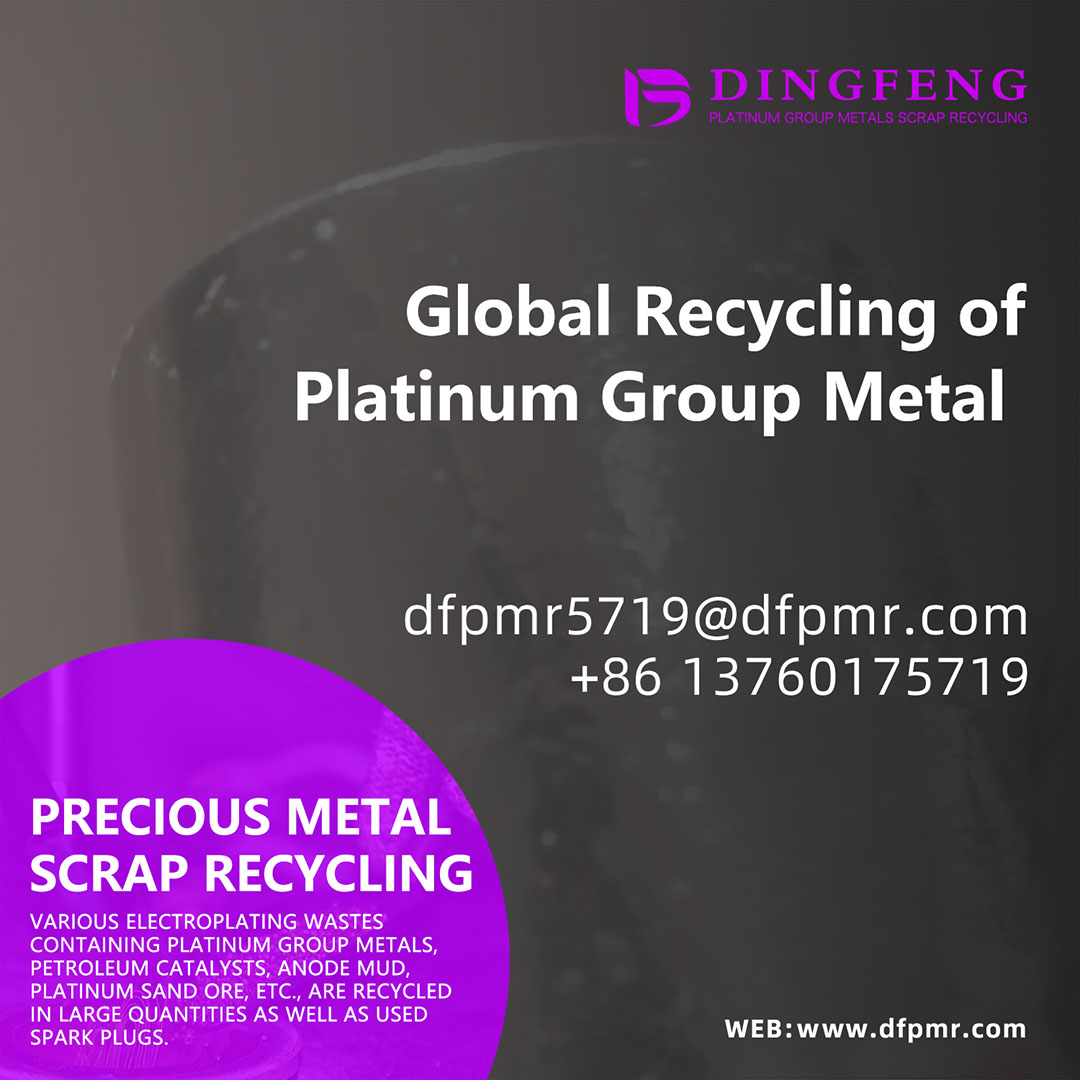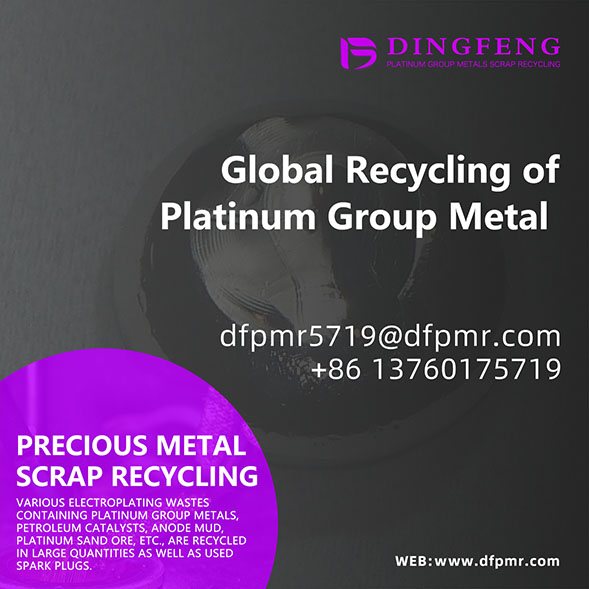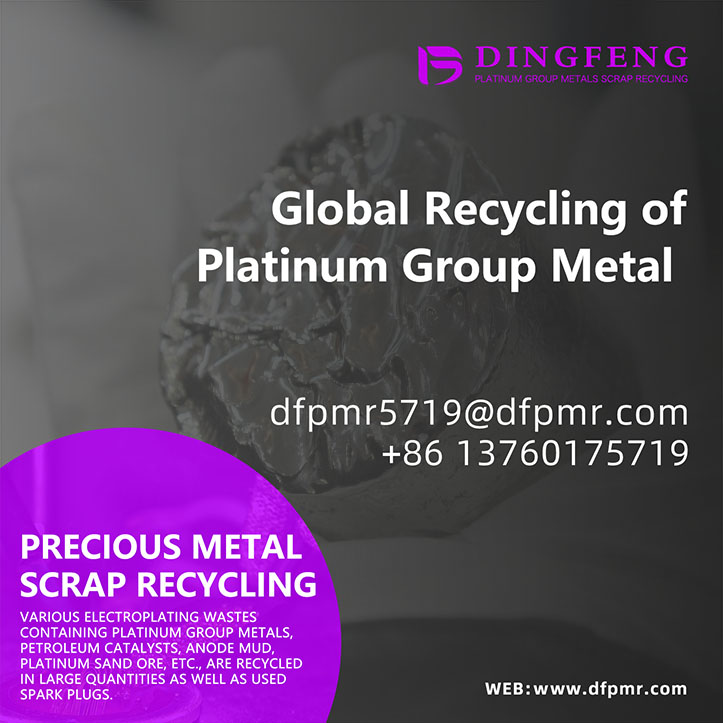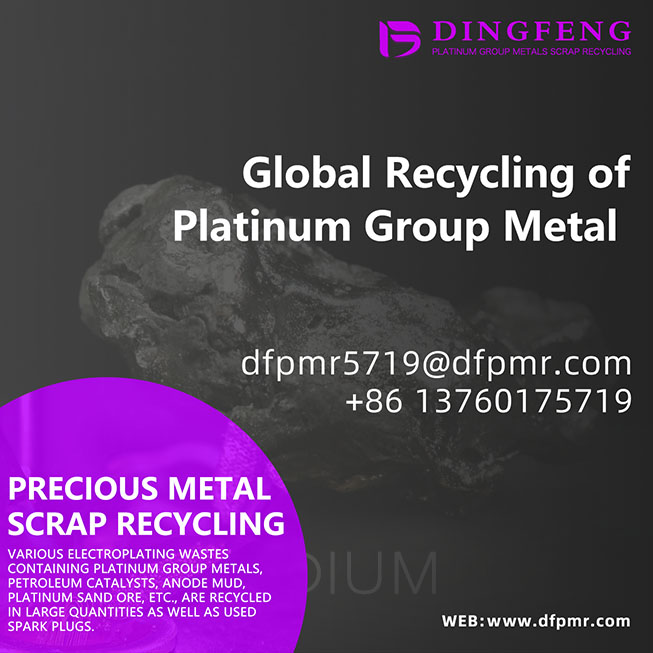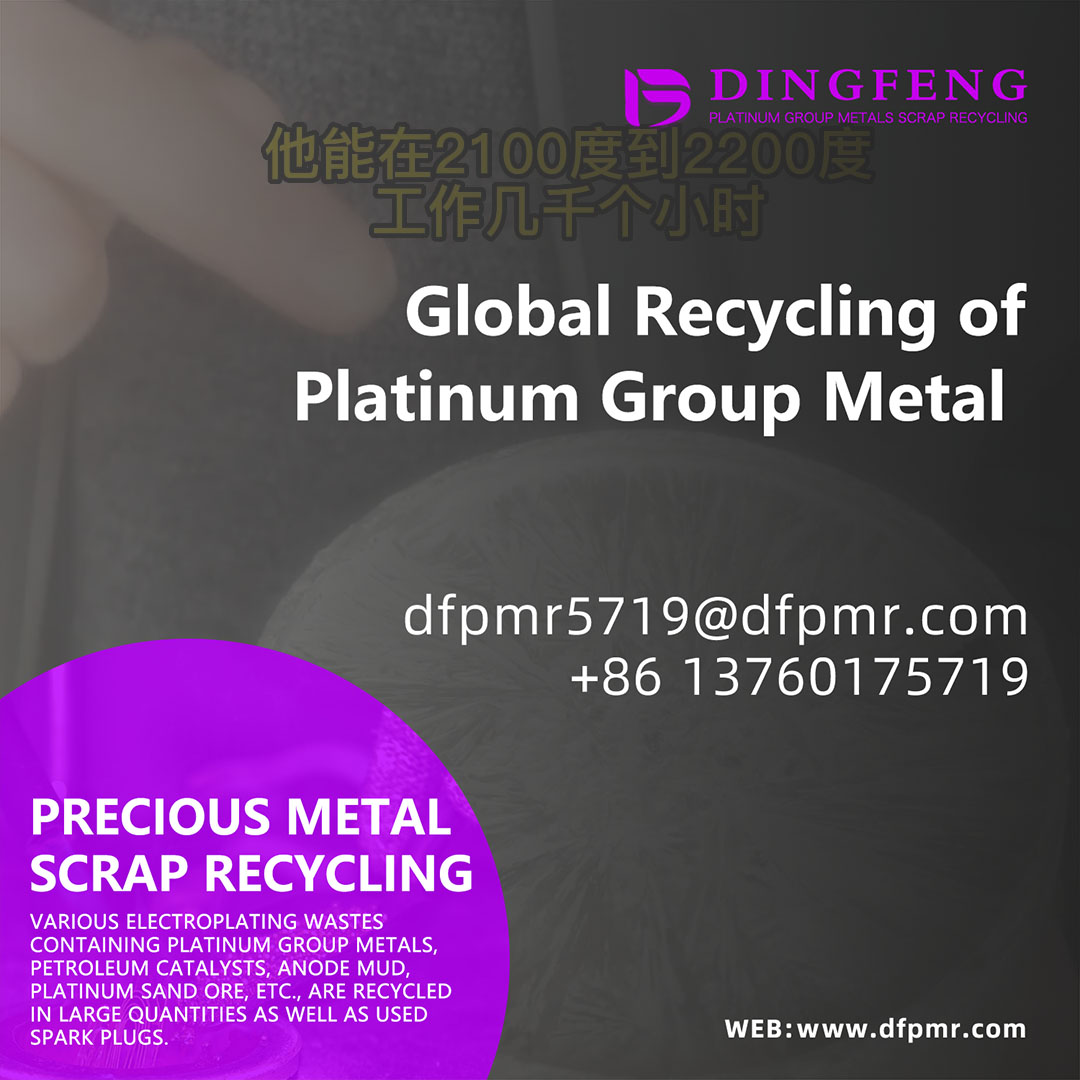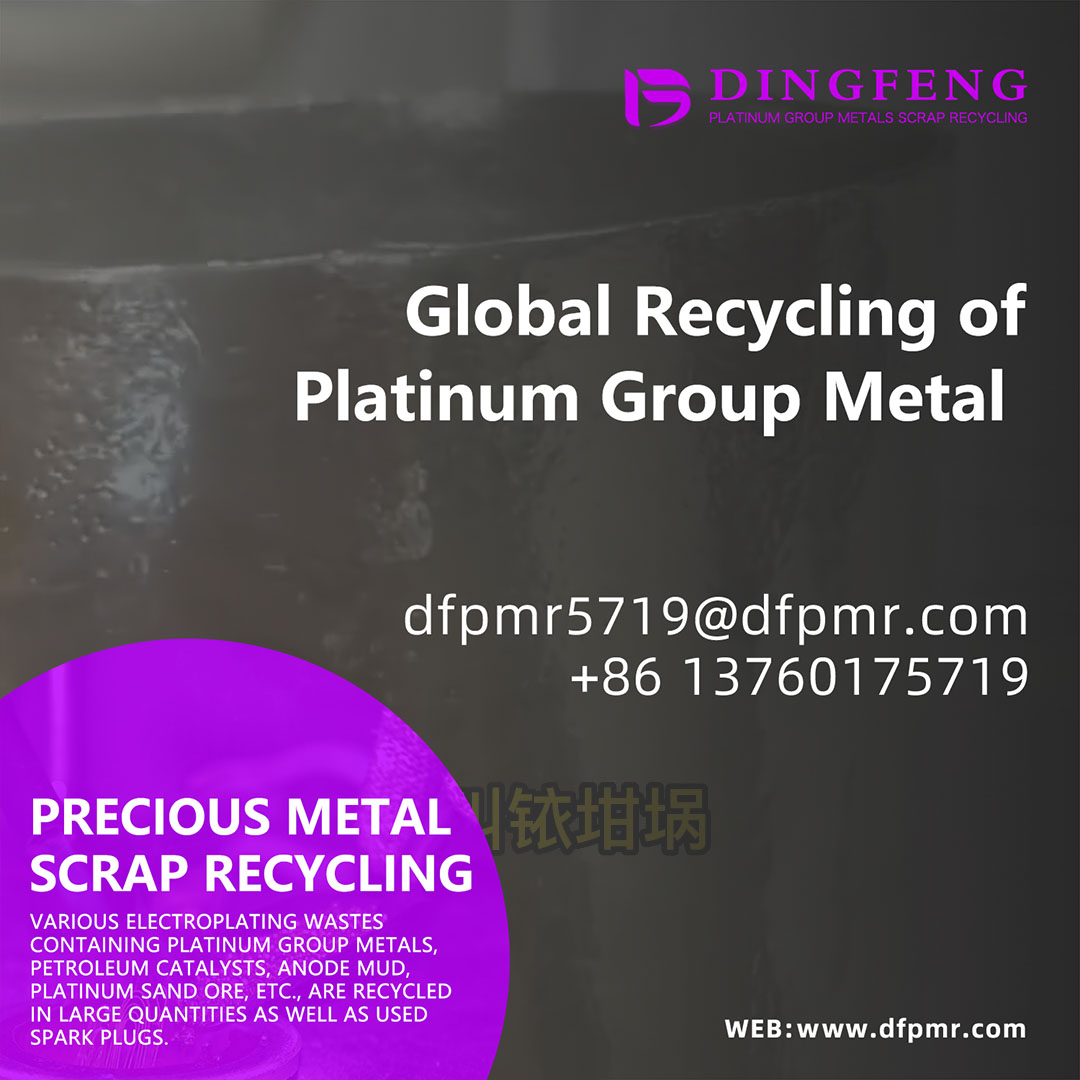What is iridium? The Recovery Process and Benefits of Iridium
What is iridium?Iridium is a precious metal in the platinum group and has become an essential material in various industries. This Trace element has special properties, such as high melting point, low
What is iridium?
Iridium is a precious metal in the platinum group and has become an essential material in various industries. This Trace element has special properties, such as high melting point, low corrosion rate and excellent conductivity. Its applications range from catalytic converters to aerospace Space technology, from medicine to electronics. However, the Scarcity of iridium and the difficulty of extracting iridium from natural resources make it an expensive and valuable resource. In order to minimize the impact on the environment and address supply constraints, people are increasingly interested in iridium recycling, which is a sustainable alternative that can bring many benefits.
Metal Iridium Recovery Process
The recovery of iridium includes three main steps: collection, separation, and purification. Collection: As the first step, recyclers collect scrap products containing iridium, such as spent catalysts, automotive parts, electronic components, and even medical equipment. Enterprises and individuals play a crucial role in this step by responsibly handling waste and using certified recycling facilities. Separation: After the recycler collects the material, iridium is separated from other metals and impurities. This process requires advanced equipment and technology, as iridium typically exists in small amounts and forms alloys with other metals. The most common techniques for separating iridium are pyrometallurgy and hydrometallurgy. Fire metallurgical methods: These technologies involve high-temperature operations such as smelting or roasting to separate iridium from other metals. Heat causes the material to melt, and then iridium is extracted through a combination of chemical reactions and physical processes. Hydrometallurgical methods: These processes utilize aqueous solutions, such as acid or alkali solutions, to dissolve and separate iridium from other metals. After dissolving the material, iridium is selectively extracted through a series of chemical reactions and precipitation techniques. Purification: After separation of iridium, it is purified to remove any residual impurities. The refining process usually includes electrolytic refining, where iridium is deposited on the electrode in a high-purity state. After the purification process, iridium can be reused in various applications.
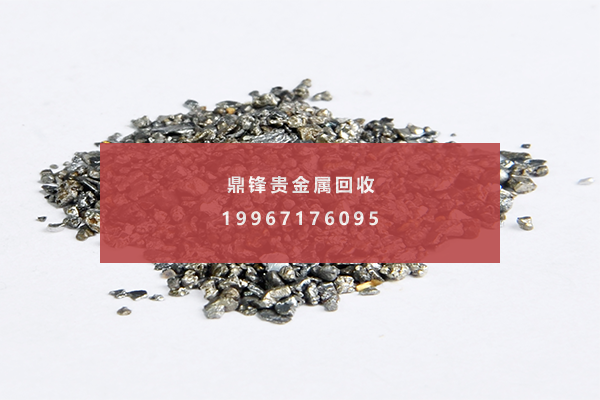
The Benefits of Iridium Recovery
1. Natural resource protection: The recovery of iridium reduces the need to extract metals from natural resources and protects limited reserves of iridium bearing ores. Therefore, recycling helps to maintain the long-term availability of this valuable resource. Environmental protection: Extracting iridium from ore involves an energy intensive process that generates greenhouse gas emissions and hazardous waste. On the other hand, the energy required to recover iridium is greatly reduced, and the harmful by-products produced are also reduced, thereby minimizing the environmental impact of iridium production. 2. Cost reduction: Although the recycling process may be expensive due to the advanced equipment and technology required, it is usually more cost-effective than extracting iridium from natural sources. Therefore, enterprises can reduce production costs by utilizing recycled iridium. 3. Job creation: Iridium recycling industry has the potential to create new jobs, especially in the fields of waste management, metallurgy and Chemical engineering. With the increasing demand for iridium recycling, the demand for skilled professionals to manage and operate recycling facilities is also increasing. 4. Supply chain security: By recycling iridium, enterprises can reduce their dependence on foreign metal sources. This helps establish a more stable supply chain, as companies can purchase iridium from domestic recycling facilities instead of relying on imports from regions with geopolitical risks or uncertain trade policies.
The recycling of iridium provides a sustainable and environmentally friendly alternative to extracting this valuable metal from natural resources. By protecting natural resources, protecting the environment, reducing costs, creating jobs and ensuring Supply chain security, iridium recycling can greatly benefit industry, the economy and the entire planet.
&Quot; Dingfeng Precious Metals Recycling includes precious metals such as gold, silver, palladium, rhodium, platinum, germanium, iridium, ruthenium, etc. This is our business in precious metal recycling. If you have precious metals such as gold, silver, palladium, rhodium, platinum, germanium, iridium, ruthenium that need to be recycled, please contact us and we will provide you with a satisfactory price& Quot;
